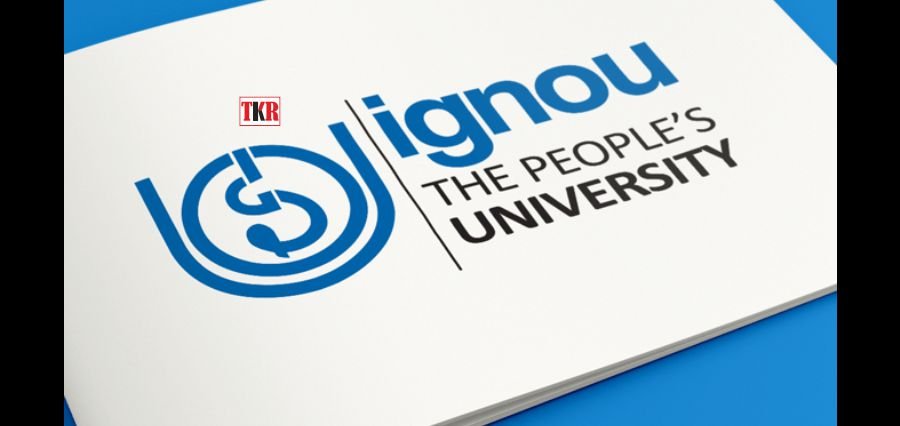Nurturing Future Therapeutic Experts
Physiotherapy, also known as physical therapy, is a specialised healthcare profession that focuses on optimising movement, function, and overall well-being. It plays a crucial role in the management and rehabilitation of various musculoskeletal, neurological, and cardiopulmonary conditions. Physiotherapy education is a comprehensive process that equips aspiring healthcare professionals with the knowledge, skills, and competencies required to provide effective care to patients.
Physiotherapy education goes beyond imparting theoretical knowledge; it encompasses a holistic approach that blends academic learning with practical experience. It aims to produce highly skilled and compassionate professionals who can effectively assess, diagnose, and treat individuals with movement-related impairments and functional limitations.
The Evolution of Physiotherapy Education
Physiotherapy education has evolved significantly over the years to meet the changing demands of healthcare and advancements in research and technology. Initially, physiotherapy education primarily focused on technical skills and manual therapy techniques. However, with the integration of evidence-based practice and advancements in healthcare, contemporary physiotherapy education emphasises a comprehensive understanding of the human body, movement sciences, and evidence-informed practice.
Academic Foundations: Theoretical Knowledge
Physiotherapy education begins with a strong academic foundation. Students are exposed to subjects such as anatomy, physiology, kinesiology, biomechanics, pathology, and exercise sciences. These courses provide a deep understanding of the human body, its structure, function, and the mechanisms underlying various conditions. Students also learn about healthcare ethics, communication skills, research methodology, and evidence-based practice, which are vital aspects of providing quality care.
Hands-on Practical Training: Clinical Education
Clinical education is a fundamental component of physiotherapy education. It allows students to apply their theoretical knowledge in real-life settings under the guidance of experienced clinicians. During clinical placements, students work directly with patients, gaining practical skills in assessment, treatment planning, and intervention implementation. Clinical education provides valuable opportunities for students to develop clinical reasoning, critical thinking, and problem-solving abilities.
Developing Essential Skills and Competencies
Physiotherapy education focuses on developing a wide range of essential skills and competencies. These include manual therapy techniques, therapeutic exercise prescriptions, patient assessment and diagnosis, communication and patient education, interdisciplinary collaboration, and cultural competence. Students learn to tailor treatment plans to individual patient needs, considering factors such as age, lifestyle, and co-existing medical conditions.
Specialisations and Advanced Training
Physiotherapy offers various specialisations and advanced training options to cater to diverse patient populations and specific areas of practice. These include orthopaedic physiotherapy, neurologic physiotherapy, pediatric physiotherapy, sports physiotherapy, geriatric physiotherapy, and cardiopulmonary physiotherapy, among others. Specialisations enable physiotherapists to develop expertise in specific domains and provide specialised care to patients with unique needs.
The Role of Research in Physiotherapy Education
Research plays a pivotal role in advancing the field of physiotherapy and improving patient outcomes. Physiotherapy education emphasises the integration of research evidence into clinical practice. Students learn about research methodology, critical appraisal of scientific literature, and the importance of evidence-based practice. This empowers them to stay updated with the latest research findings and incorporate evidence-based interventions into their clinical decision-making.
Professional Licensing and Continuing Education
Upon completing their education, physiotherapy graduates are required to obtain professional licensing to practice legally. Licensing requirements vary across countries and regions but typically involve passing a national or regional licensing examination. Furthermore, continuing education is essential for physiotherapists to stay abreast of advancements in the field, enhance their skills, and maintain professional competence.
The Future of Physiotherapy Education
The future of physiotherapy education is marked by ongoing advancements in technology, evolving healthcare systems, and the growing recognition of the role of physiotherapists in promoting health and well-being. The integration of virtual reality, telehealth, and digital tools in education and clinical practice is likely to transform the way physiotherapy is taught and delivered. Additionally, there is a growing emphasis on interprofessional collaboration and a patient-centred approach, highlighting the need for collaborative education models and interdisciplinary training.
Physiotherapy education is a dynamic and comprehensive process that equips aspiring professionals with the knowledge, skills, and competencies needed to excel in their practice. It combines theoretical learning with hands-on clinical experiences to ensure graduates are well-prepared to provide optimal care to patients across various settings. As the field of physiotherapy continues to evolve, education will play a pivotal role in shaping healthcare professionals who can adapt to the changing landscape and make a positive impact on the lives of individuals seeking improved movement, function, and quality of life.





